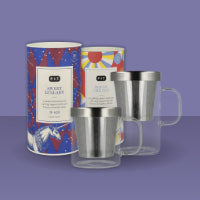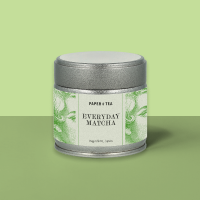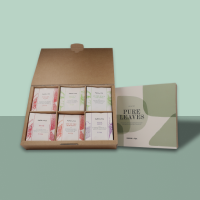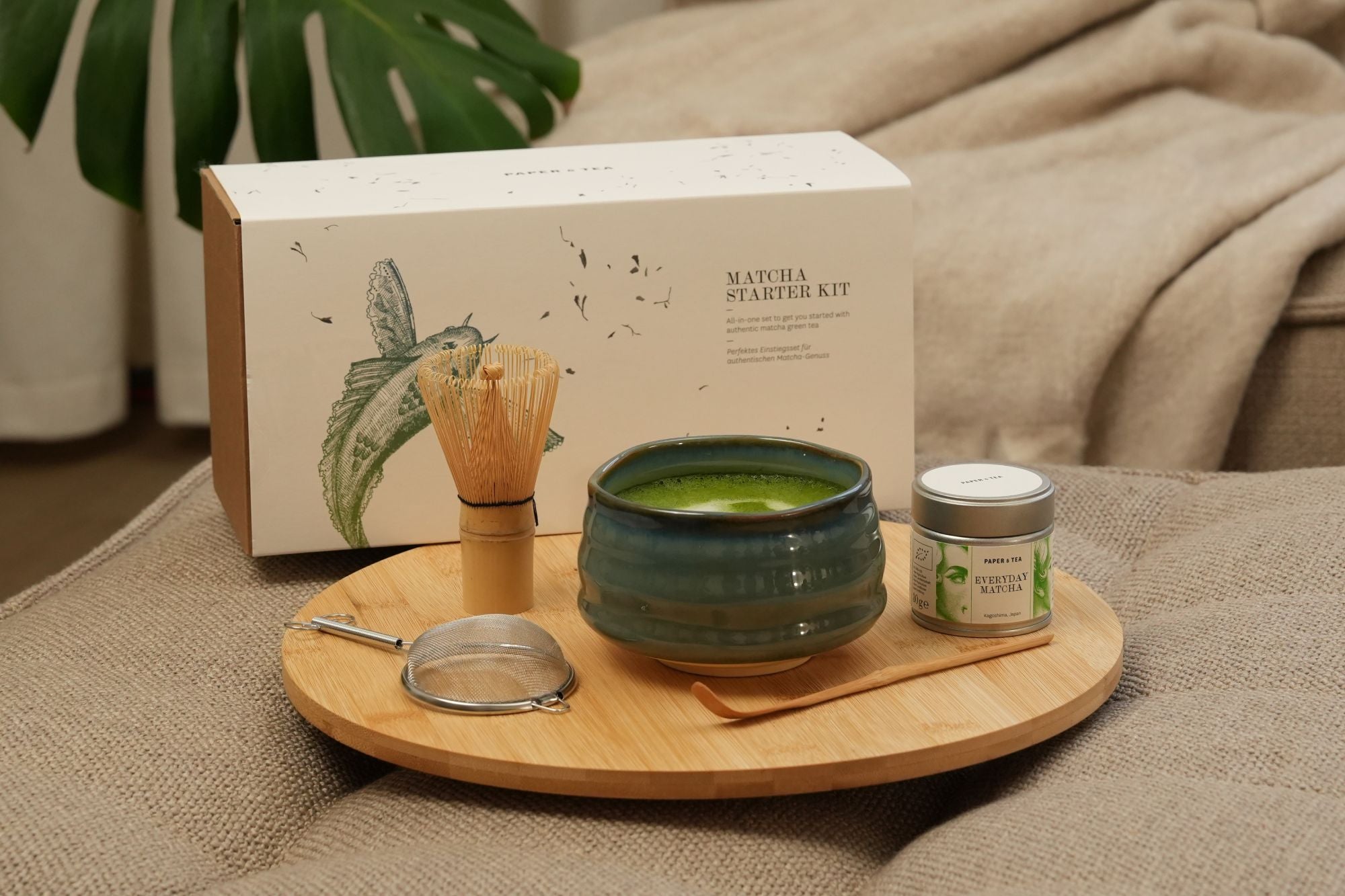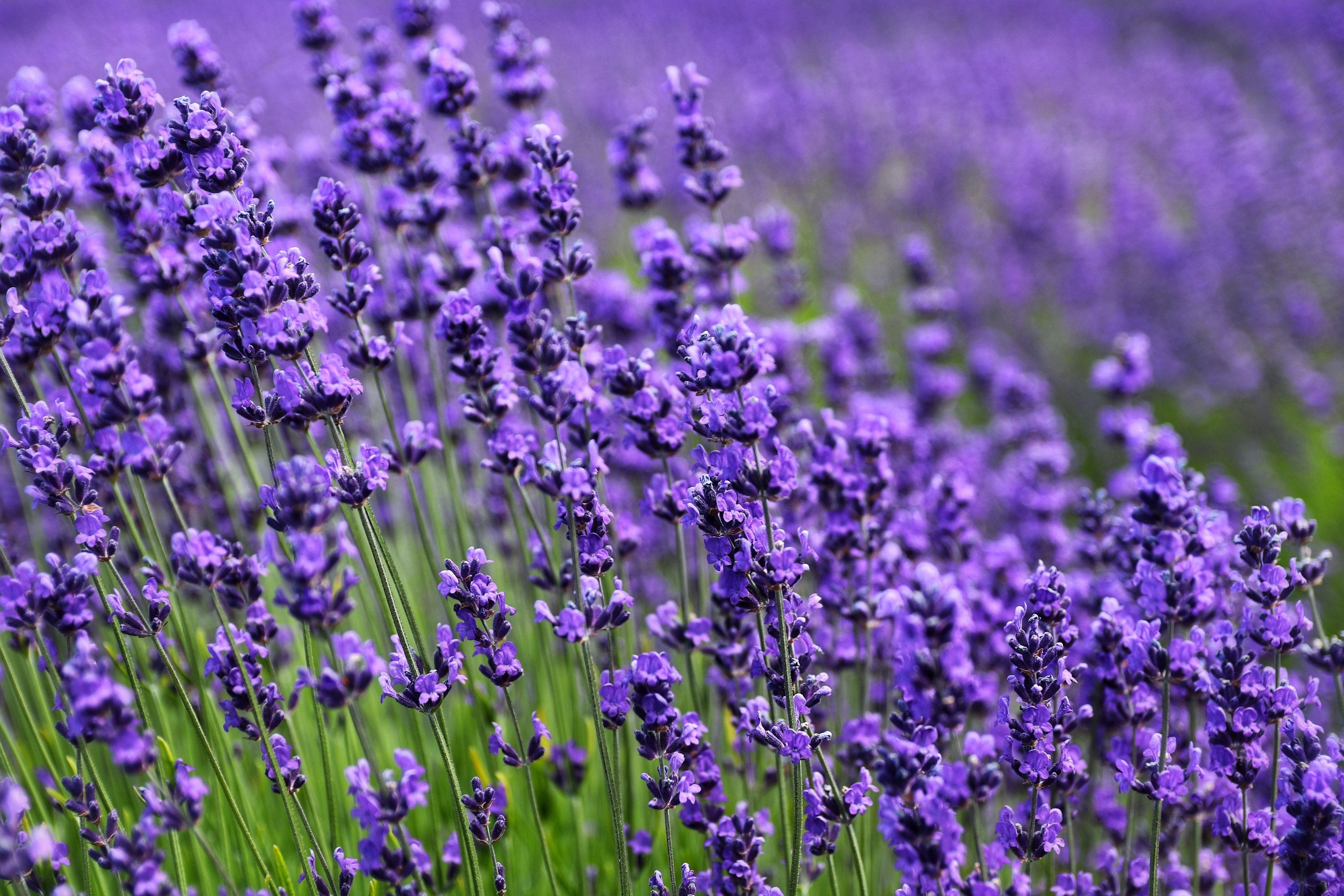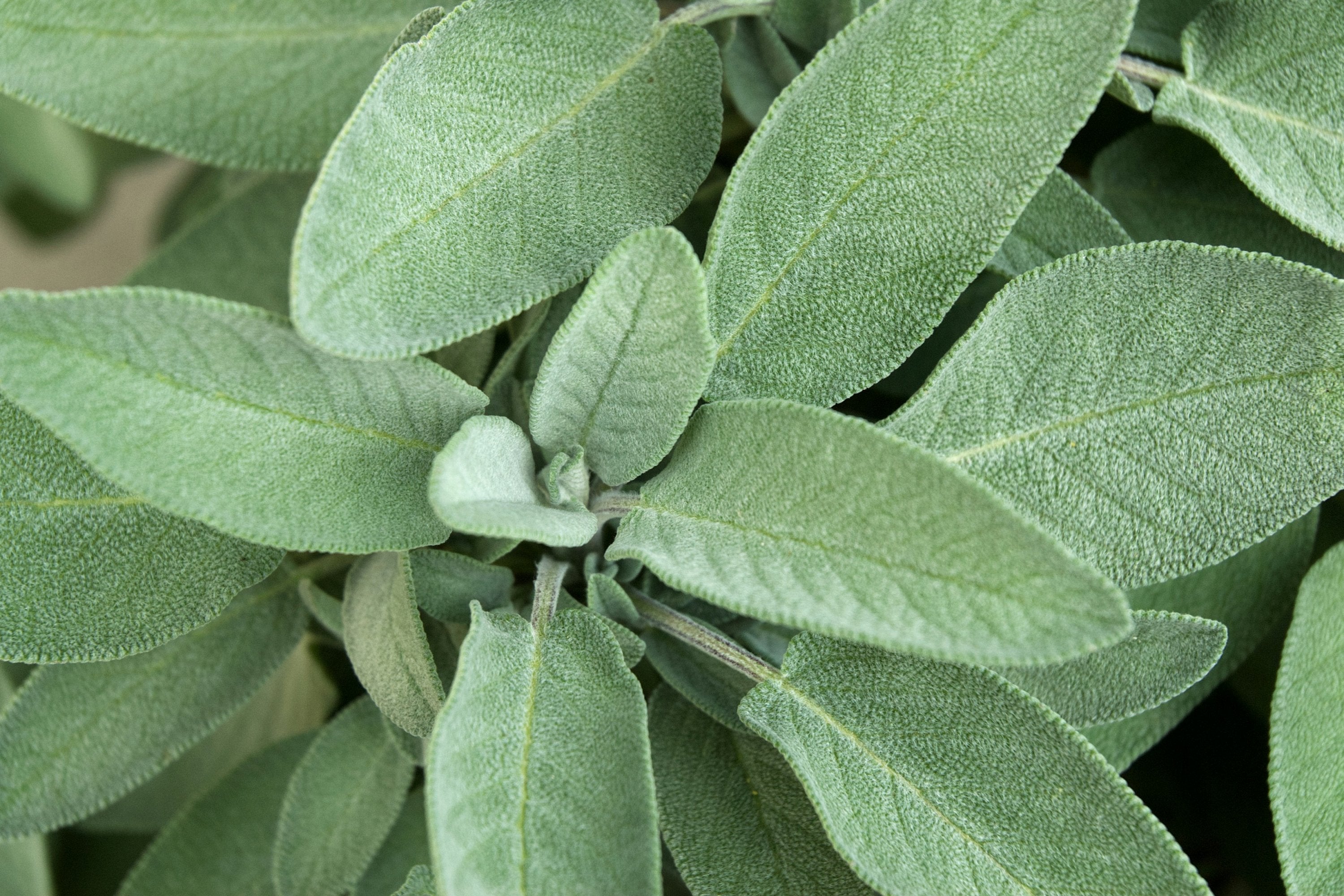Description
Basil can grow as an annual or perennial, often appearing as short-lived bushes or semi-shrubs that thrive in frost-free, warm conditions. It flourishes in sunny locations with nutrient-rich, moist soil and is ideally suited for pot cultivation on balconies or windowsills.
In Central Europe, the most well-known type is sweet basil (Ocimum basilicum). There are two main subspecies: Ocimum basilicum L. subsp. basilicum, widespread across Europe, and Ocimum basilicum subsp. minimum L., primarily cultivated in India as an ornamental plant. Other popular types include lemon basil and Thai basil.
The name Ocimum derives from the Greek "ozein," referring to the herb's strong aroma, while "basil" comes from the Greek "basilieus," meaning "king," which earned it the nickname "king’s herb" or “royal herb”.
History and Background
The exact origin of basil is unclear, but Northwest India is believed to be its native region. Basil was cultivated in India as early as 1000 B.C. Historical findings, such as in Egyptian pyramids, attest to its ancient usage. Basil likely spread to Southern Europe and Germany through trade and migration, first mentioned there in the 12th century. The Swedish botanist, zoologist, and physician Carl Linnaeus published the species name Ocimum basilicum in 1753. Originally popular in the Mediterranean, the "king’s herb" spread through European explorations to England and America and is now a global culinary favorite.
Intriguing Facts
- To encourage bushier growth, harvest basil by cutting the stems rather than just picking leaves, promoting the formation of new shoots.
- In ancient times, basil held various meanings: used by the ancient Egyptians for embalming, considered sacred by the Romans, while symbolizing negative emotions among the Greeks.
- Today, France, Italy, and Spain are the main European producers, with basil accounting for about 60-75% of the fresh herb consumption across the continent.
